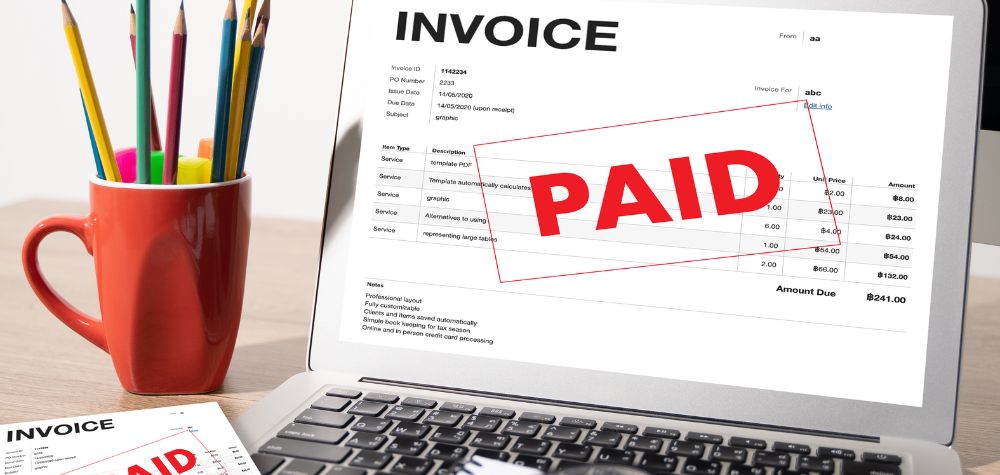
Money matters can be a source of stress and tension in any relationship, but for couples in committed partnerships, discussing finances is an essential aspect of building a solid foundation for the future.
From budgeting to long-term financial goals, open and honest communication about money can strengthen trust, alignment, and mutual understanding.
Here’s a guide to some of the critical discussions about money every couple should have:
Current Financial Situation
- Start by openly discussing your current financial status. Share details about your income, savings, debts, and expenses. Understanding each other’s financial obligations and commitments lays the groundwork for developing a joint plan.
Financial Goals
- Discuss your short-term and long-term financial goals as a couple. These may include saving for a house, planning for retirement, or paying off debt. Take the time to prioritise your goals and outline specific steps to achieve them together.
Budgeting
- Create a budget together that outlines your combined income and expenses. Be transparent about your spending habits and identify areas to cut back or save. Review and adjust your budget to stay on track towards your financial goals.
Debt Management
- If either partner has debt, whether it’s student loans, credit card debt, or a mortgage, discuss how you plan to manage and pay off these obligations. Explore strategies for debt repayment and consider consolidating high-interest debt to lower interest rates and simplify payments.
Income and Expenses
- Determine how you will manage joint finances, including maintaining separate accounts, merging accounts, or establishing a joint account for shared expenses. Be transparent about your individual income and expenses, and agree on how you will divide financial responsibilities.
Emergency Fund
- Discuss the importance of building an emergency fund to cover unexpected expenses or financial setbacks. Set a target amount for your emergency fund and work together to prioritise saving towards this goal.
Investments and Retirement Planning
- Talk about your investment strategies and retirement plans. Consider consulting with a financial advisor to develop a diversified investment portfolio that aligns with your risk tolerance and long-term financial objectives.
Insurance Coverage
- Review your insurance coverage, including health, life, and disability insurance. Ensure that you have adequate coverage to protect yourselves and your family in the event of illness, injury, or unexpected circumstances.
Estate Planning
- Discuss estate planning matters, such as drafting wills, establishing power of attorney, and naming beneficiaries for your assets. A clear plan can provide peace of mind and ensure that your wishes are carried out in the future.
Regular Financial Check-Ins:
- Make a commitment to regular financial check-ins as a couple. Schedule time to review your progress towards your financial goals, address any concerns or challenges, and celebrate milestones together.
Discussing finances as a couple can be challenging, but it’s essential to building a strong and secure relationship. By openly communicating about money, setting shared goals, and working together towards financial stability, couples can strengthen their partnership and lay the groundwork for a prosperous future together. Remember, it’s not just about the numbers – it’s about building trust, alignment, and mutual support as you navigate life’s financial journey together.










